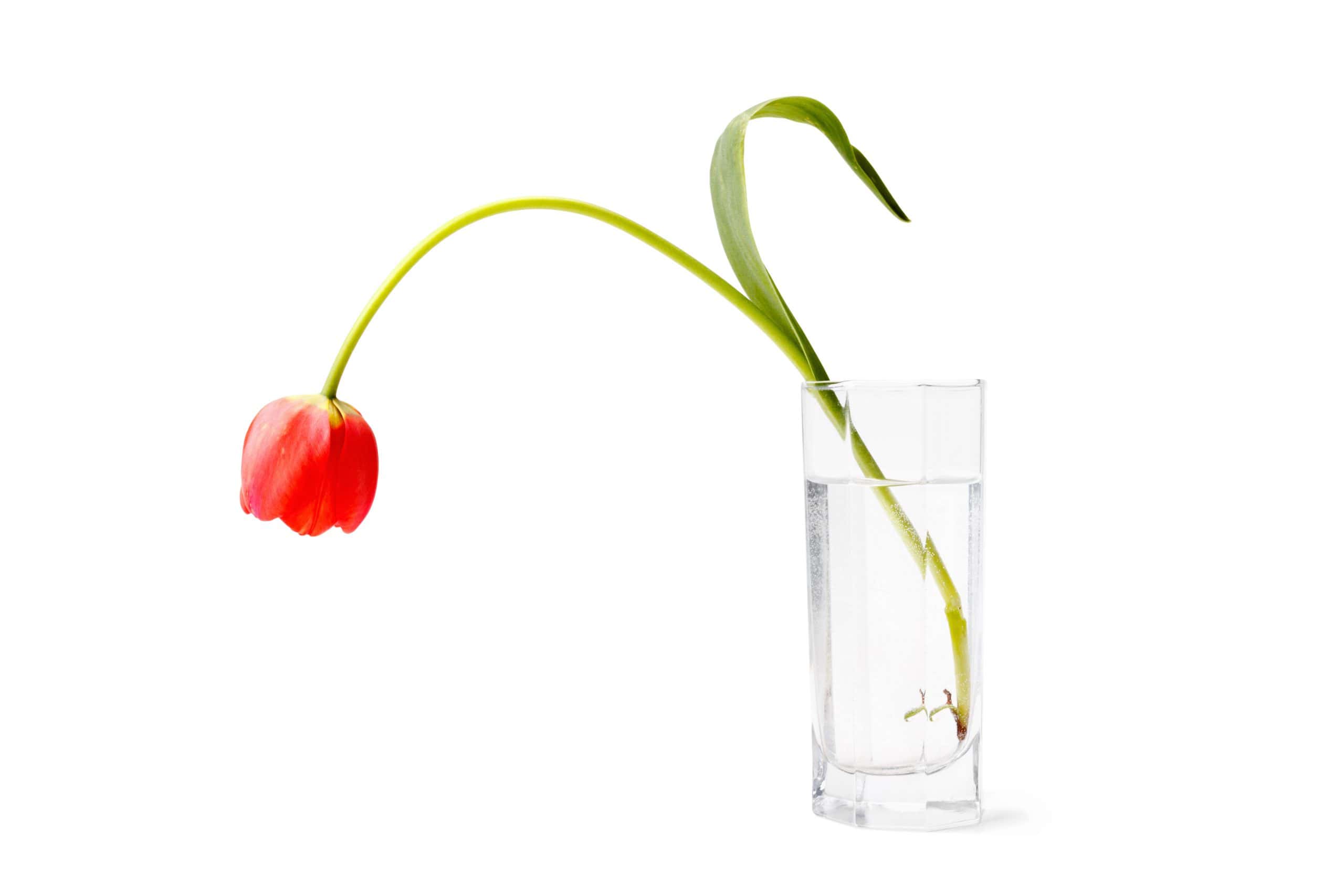Alcohol and Sexual Performance: Too Much May Mean Not Enough
Posted on October 16, 2020
by Tom Horvath, PhD., ABPP Macbeth, Act II, Scene 3: [Alcohol] provokes the desire, but it takes away the performance It was not until 1976 that scientific evidence supporting this line from Shakespeare was published. In a study of 16 male volunteers, ages 18-24 (mean age 20), the diameter of erections was approximately 10% larger than normal after about 1 drink, about 5% smaller after 2-3 drinks, and about 20% smaller after 4 drinks. With even higher doses of alcohol we can only guess the impact, but clearly the trend is not in the desired direction. The phrase “whiskey dick” is less than Shakespearian but expresses a similar idea when it comes to alcohol and sexual performance. Search the web and you can find numerous articles about this term. A related finding is that lo...
full story


